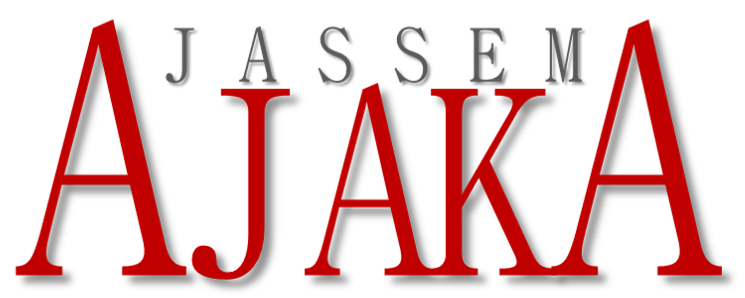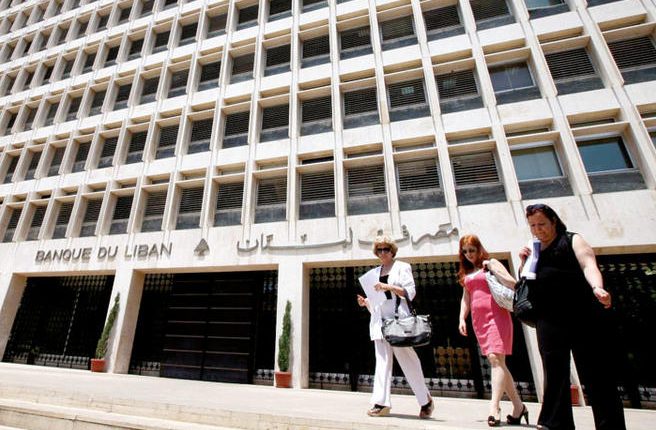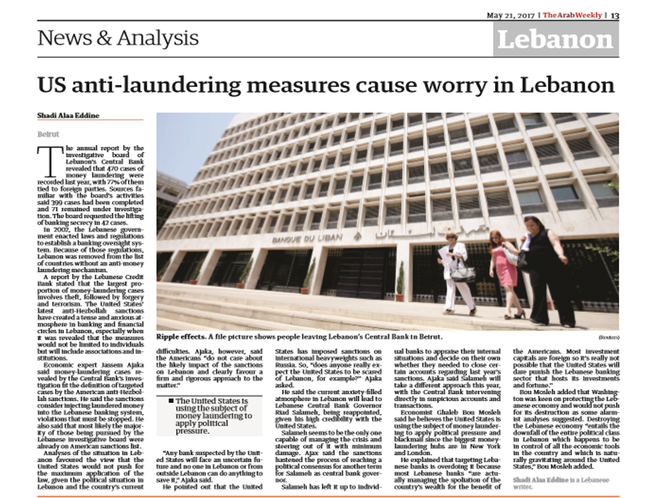jassemajaka@gmail.com
US anti-laundering measures cause worry in Lebanon
Shadi Alaa Eddine
Beirut – The annual report by the investigative board of Lebanon’s Central Bank revealed that 470 cases of money laundering were recorded last year, with 77% of them tied to foreign parties. Sources familiar with the board’s activities said 399 cases had been completed and 71 remained under investigation. The board requested the lifting of banking secrecy in 42 cases. In 2002, the Lebanese government enacted laws and regulations to establish a banking oversight system. Because of those regulations, Lebanon was removed from the list of countries without an anti-money laundering mechanism. A report by the Lebanese Credit Bank stated that the largest proportion of money-laundering cases involves theft, followed by forgery and terrorism. The United States’ latest anti-Hezbollah sanctions have created a tense and anxious atmosphere in banking and financial circles in Lebanon, especially when it was revealed that the measures would not be limited to individuals but will include associations and institutions.
Economic expert Jassem Ajaka said money-laundering cases revealed by the Central Bank’s investigation fit the definition of targeted cases by the American anti-Hezbollah sanctions. He said the sanctions consider injecting laundered money into the Lebanese banking system, violations that must be stopped. He also said that most likely the majority of those being pursued by the Lebanese investigative board were already on American sanctions list. Analyses of the situation in Lebanon favoured the view that the United States would not push for the maximum application of the law, given the political situation in Lebanon and the country’s current difficulties. Ajaka, however, said the Americans “do not care about the likely impact of the sanctions on Lebanon and clearly favour a firm and rigorous approach to the matter.” “Any bank suspected by the United States will face an uncertain future and no one in Lebanon or from outside Lebanon can do anything to save it,” Ajaka said. He pointed out that the United States has imposed sanctions on international heavyweights such as Russia. So, “does anyone really expect the United States to be scared of Lebanon, for example?” Ajaka asked. He said the current anxiety-filled atmosphere in Lebanon will lead to Lebanese Central Bank Governor Riad Salameh, being reappointed, given his high credibility with the United States. Salameh seems to be the only one capable of managing the crisis and steering out of it with minimum damage. Ajax said the sanctions hastened the process of reaching a political consensus for another term for Salameh as central bank governor. Salameh has left it up to individual banks to appraise their internal situations and decide on their own whether they needed to close certain accounts regarding last year’s sanctions. Ajaka said Salameh will take a different approach this year, with the Central Bank intervening directly in suspicious accounts and transactions. Economist Ghaleb Bou Mosleh said he believes the United States is using the subject of money laundering to apply political pressure and blackmail since the biggest money-laundering hubs are in New York and London. He explained that targeting Lebanese banks is overdoing it because most Lebanese banks “are actually managing the spoliation of the country’s wealth for the benefit of the Americans. Most investment capitals are foreign so it’s really not possible that the United States will dare punish the Lebanese banking sector that hosts its investments and fortune.” Bou Mosleh added that Washington was keen on protecting the Lebanese economy and would not push for its destruction as some alarmist analyses suggested. Destroying the Lebanese economy “entails the downfall of the entire political class in Lebanon which happens to be in control of all the economic tools in the country and which is naturally gravitating around the United States,” Bou Mosleh added.



